Predation
Predation is a biological interaction in which one organism, called the predator, hunts, captures, kills, and eats another organism, known as the prey. This interaction is a crucial part of the food web and plays a significant role in maintaining balance and stability in ecosystems.
Key Concepts
- Predator: An organism that actively hunts and feeds on other organisms.
- Prey: An organism that is hunted and consumed by predators.
- Adaptations: Predators and prey often have physical and behavioral adaptations that help them in the predator-prey interaction.
- Impact on Ecosystems: Predation influences population sizes, distribution of species, and overall ecosystem dynamics.
Study Guide
Here are some key points to focus on while studying predation:
- Identify and understand the roles of predators and prey in a predator-prey relationship.
- Explore the various adaptations that predators and prey have developed for survival.
- Analyze the impact of predation on the population dynamics of species within an ecosystem.
- Examine real-world examples of predator-prey interactions and their ecological significance.
- Discuss the concept of coevolution and its role in shaping predator-prey relationships over time.
Understanding predation is essential for comprehending the complex interactions that occur within natural ecosystems and the delicate balance that is maintained through these interactions.
.◂Science Worksheets and Study Guides Sixth Grade. Plant Processes
Study Guide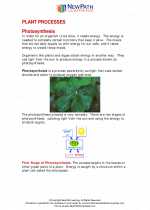 Plant Processes
Plant Processes  Activity Lesson
Activity Lesson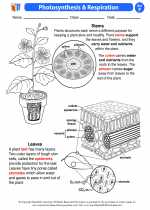 Photosynthesis & Respiration
Photosynthesis & Respiration  Worksheet/Answer key
Worksheet/Answer key Plant Processes
Plant Processes  Worksheet/Answer key
Worksheet/Answer key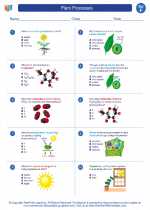 Plant Processes
Plant Processes  Worksheet/Answer key
Worksheet/Answer key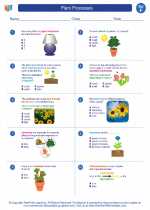 Plant Processes
Plant Processes  Worksheet/Answer key
Worksheet/Answer key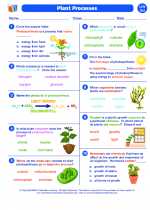 Plant Processes
Plant Processes  Vocabulary/Answer key
Vocabulary/Answer key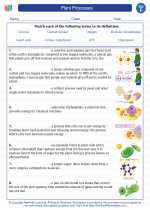 Plant Processes
Plant Processes  Vocabulary/Answer key
Vocabulary/Answer key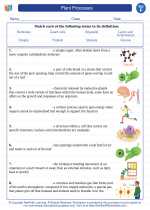 Plant Processes
Plant Processes 

 Activity Lesson
Activity Lesson
 Worksheet/Answer key
Worksheet/Answer key
 Worksheet/Answer key
Worksheet/Answer key
 Worksheet/Answer key
Worksheet/Answer key
 Worksheet/Answer key
Worksheet/Answer key
 Vocabulary/Answer key
Vocabulary/Answer key
 Vocabulary/Answer key
Vocabulary/Answer key

The resources above cover the following skills:
LIFE SCIENCE
From Molecules to Organisms: Structures and Processes
Students who demonstrate understanding can:
Construct a scientific explanation based on evidence for the role of photosynthesis in the cycling of matter and flow of energy into and out of organisms.